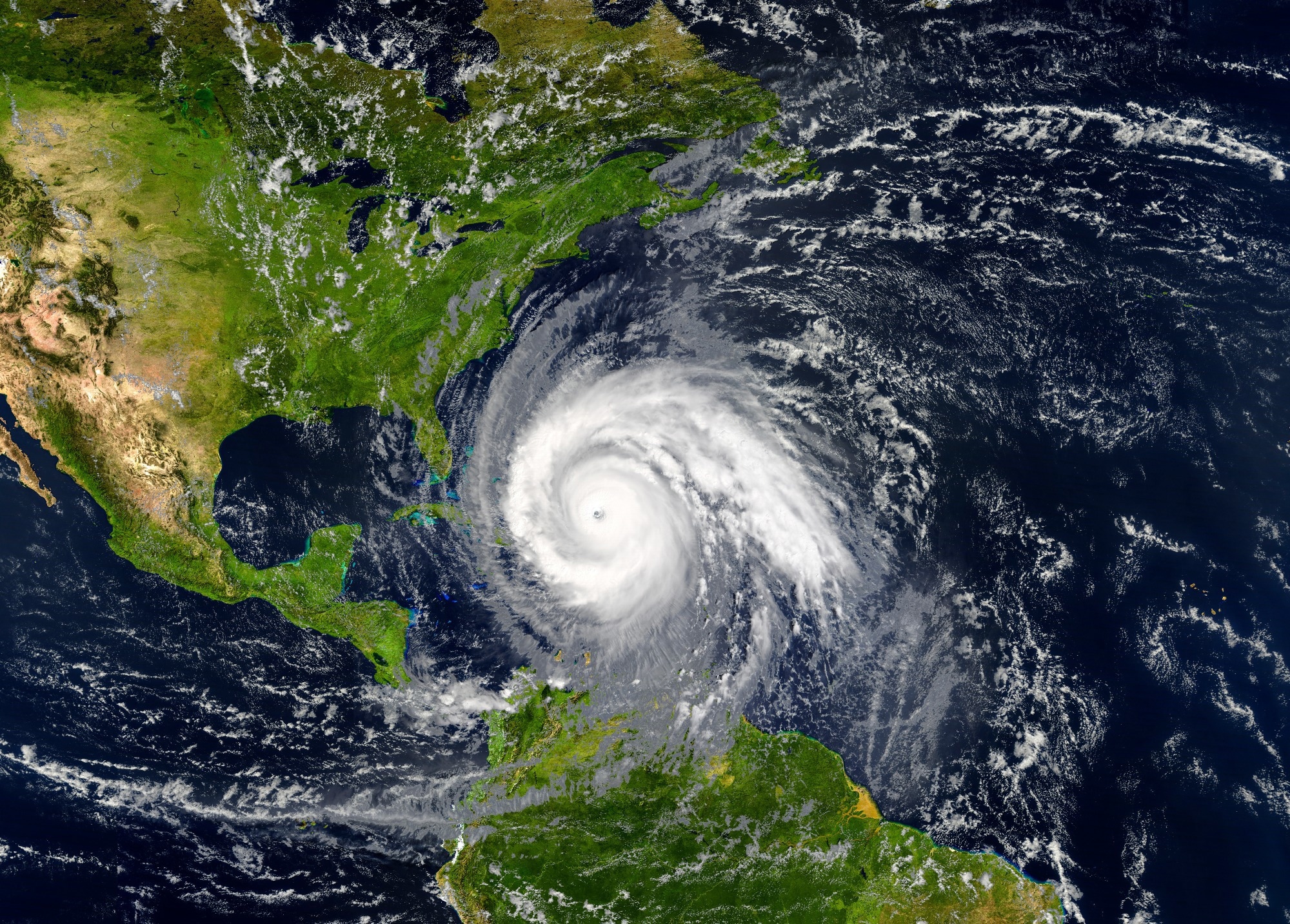A recent Environmental Health Perspectives systematic review and meta-analysis aims to better understand the health outcomes resulting from cyclones.
 Study: Health Effects of Cyclones: A Systematic Review and Meta-Analysis of Epidemiological Studies. Image Credit: Mike Mareen / Shutterstock.com
Study: Health Effects of Cyclones: A Systematic Review and Meta-Analysis of Epidemiological Studies. Image Credit: Mike Mareen / Shutterstock.com
More frequent and severe cyclones
Extreme weather, such as cyclones, hurricanes, and tropical storms, have devastating effects on society. More recently, cyclone seasons have been associated with more powerful and long-lasting cyclones, which have inflicted billions of dollars in damage. The rapid increase in global temperatures could lead to more intense cyclones, thereby causing more destruction in the future.
To assess the magnitude and pattern of health effects after cyclones, epidemiological studies have compared the health outcomes of high- and low-level exploration. These studies have indicated that cyclones are linked to many health outcomes, including mortality, infectious diseases, noncommunicable diseases, adverse birth outcomes, and mental disorders.
In addition to their direct effects, such as drowning, injury, and carbon monoxide poisoning, cyclones also have indirect effects due to interrupted health care services and contaminated flood water. To date, there is no systematic review with meta-analysis on the health outcomes of cyclones.
About the study
The current systematic review and meta-analysis utilized relevant data obtained from five electronic databases, including Embase, Web of Science, PubMed, MEDLINE, and Scopus, from inception to December 21, 2022. This study restricted the impact of cyclones to the health outcomes of humans only.
All population-based studies related to short- and long-term impacts of any landfall cyclones, including tropical storms, hurricanes, and typhoons, were considered. The current systematic review and meta-analysis considered all relevant articles irrespective of sex, religion, or age.
Both observational and analytical studies that assessed the outcomes of individuals or populations exposed to different types of cyclones were included in this systematic review.
Study findings
The initial search resulted in a total of 19,330 articles. After removing duplicates and considering the eligibility criteria, 71 articles were considered in the current systematic review and meta-analysis.
These studies were conducted in eight different countries throughout the world. Major contributors to these studies included the United States, followed by China, India, Japan, South Korea, the Philippines, Australia, and Brazil.
Different types of studies were included in the analysis, such as time-series or case-crossover design and cohort design. Most studies analyzed the outcomes of one cyclone, particularly Hurricanes Katrina and Sandy. These studies focused on how cyclones impacted the general population based on cyclone hit time and official disaster declaration.
A limited number of studies have used the wind field model to estimate the spatial intensity of cyclones and determine cyclone exposures at the country level. Here, all analyses were categorized based on outcomes, including mental health, hospitalization, and all-cause mortality. Morbidity related to cardiovascular diseases, injury, cancer, diabetes, respiratory disease, infectious diseases, adverse birth outcomes, and other outcomes such as suicide rates were also considered.
Most studies indicated that exposure to cyclones increases the risk of all-cause mortality, hospitalization, and mental health-related morbidity, including post-traumatic stress disorder (PTSD). Consistent with the findings of a previous meta-analysis, the current study revealed a higher prevalence of PTSD among survivors of tropical cyclones.
Among cyclone survivors, a higher PTSD risk was observed among pregnant women, high school students, and public health workers for up to two years after cyclone exposure. Children below the age of five years who experienced cyclones are at a higher risk of developing mental illness during adulthood.
The current meta-analysis established modest-to-strong associations between cyclone exposure and hospitalizations for all causes, all-cause mortality, chronic obstructive pulmonary disease (COPD), and respiratory diseases. However, no association was found between cyclone exposure and heart disease mortality, preterm birth, and diabetes mortality. The effects of cyclones were assessed among dialysis patients, who were associated with higher hospitalization rates and emergency visits.
A significantly high between-study heterogeneity was observed for magnitude-related estimates. Cyclones have tremendous socio-economic impacts and environmental stress due to loss of property and resources, evacuations, as well as inadequate medical and social support. A limited number of studies have associated cyclones with respiratory and parasitic diseases.
An increased risk of respiratory diseases following cyclones was also identified, mainly due to the increased need for medical equipment to breathe, which gets compromised during power outages. Greater exposure to potential allergens, particularly due to the formation of mold in water-damaged buildings and air pollutants during the cleaning of debris, also increases the risk of respiratory disease.
Conclusions
Cyclone exposure consistently increases the risk of PTSD, all-cause mortality, hospitalizations, and respiratory diseases. A higher risk of adverse outcomes of cyclones is experienced by people of lower socio-economic groups and those with a history of chronic conditions.
In the future, more evidence on the health outcomes from other cyclone-prone countries, such as Vietnam, Cuba, and Taiwan, is required. Future studies should also focus on diverse health outcomes, particularly chronic diseases and adverse birth outcomes.
Journal reference:
- Huang, W., Gao, Y., Xu, R., et al. (2023) Health Effects of Cyclones: A Systematic Review and Meta-Analysis of Epidemiological Studies. Environmental Health Perspectives 131(8). doi:10.1289/EHP12158